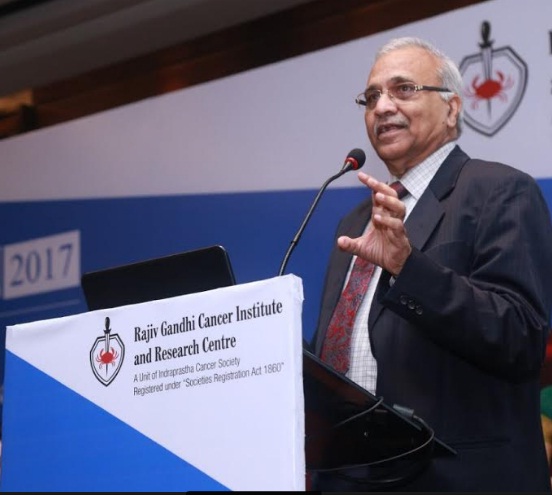- Home
- Medical news & Guidelines
- Anesthesiology
- Cardiology and CTVS
- Critical Care
- Dentistry
- Dermatology
- Diabetes and Endocrinology
- ENT
- Gastroenterology
- Medicine
- Nephrology
- Neurology
- Obstretics-Gynaecology
- Oncology
- Ophthalmology
- Orthopaedics
- Pediatrics-Neonatology
- Psychiatry
- Pulmonology
- Radiology
- Surgery
- Urology
- Laboratory Medicine
- Diet
- Nursing
- Paramedical
- Physiotherapy
- Health news
- Fact Check
- Bone Health Fact Check
- Brain Health Fact Check
- Cancer Related Fact Check
- Child Care Fact Check
- Dental and oral health fact check
- Diabetes and metabolic health fact check
- Diet and Nutrition Fact Check
- Eye and ENT Care Fact Check
- Fitness fact check
- Gut health fact check
- Heart health fact check
- Kidney health fact check
- Medical education fact check
- Men's health fact check
- Respiratory fact check
- Skin and hair care fact check
- Vaccine and Immunization fact check
- Women's health fact check
- AYUSH
- State News
- Andaman and Nicobar Islands
- Andhra Pradesh
- Arunachal Pradesh
- Assam
- Bihar
- Chandigarh
- Chattisgarh
- Dadra and Nagar Haveli
- Daman and Diu
- Delhi
- Goa
- Gujarat
- Haryana
- Himachal Pradesh
- Jammu & Kashmir
- Jharkhand
- Karnataka
- Kerala
- Ladakh
- Lakshadweep
- Madhya Pradesh
- Maharashtra
- Manipur
- Meghalaya
- Mizoram
- Nagaland
- Odisha
- Puducherry
- Punjab
- Rajasthan
- Sikkim
- Tamil Nadu
- Telangana
- Tripura
- Uttar Pradesh
- Uttrakhand
- West Bengal
- Medical Education
- Industry
Supreme Court Judgement on euthanasia path-breaking- Dr Girdhar Gyani, President AHPI

The judgment of the Constitutional Bench of the Supreme Court is a path-breaking one and I am ever grateful to them for it.
It clarifies an important aspect that was causing confusion and laid out the procedure. This is with regards to the withdrawal of life support treatment when it is felt that it is not going to improve the condition of the patient and only increase suffering. The formation of a local committee within the hospital and at the District level will have a supervisory role and ensure that the decision taken is in the total interest of the patient.
Currently, hospitals were wary of possible litigation due to the then existing rule of needing to go to the High Court for each case and this created an environment of mistrust. Now, these decisions will be made ethically, with no fear of unnecessary harassment for the treating team.
The second issue is the recognition of the concept of an advance directive, also referred to as living will. This document will reflect the express wishes of a person, made when he is well and in his full senses, in the event of the person being terminally ill or suffering an acute episode.
"It shall be in writing clearly stating as to when medical treatment may be withdrawn or no specific medical treatment shall be given which will only have the effect of delaying the process of death that may otherwise cause him/her pain, anguish, and suffering and further put him/her in a state of indignity." 191 (a)(iv) of the Judgement.
The word passive euthanasia is outdated and should be consigned to the dustbin of history. It is better to refer to it as withdrawal of life support treatment. But that is something that we can work on later!
The Hon SC has also prescribed strict guidelines for writing and registering an advance directive.
These should mitigate the worry of misuse; no law in the world is totally immune to misuse. The public may be reassured. Also, we must ensure an environment of mutual respect and trust between doctors and patients.
The palliative care community is very happy that we are moving to a more just and humane approach to patient care.
Dr Girdhar Gyani is the founder of NABH and Director General of Association of Healthcare Providers of India. He is also the Chairman of the NABH review Committee.
Next Story


